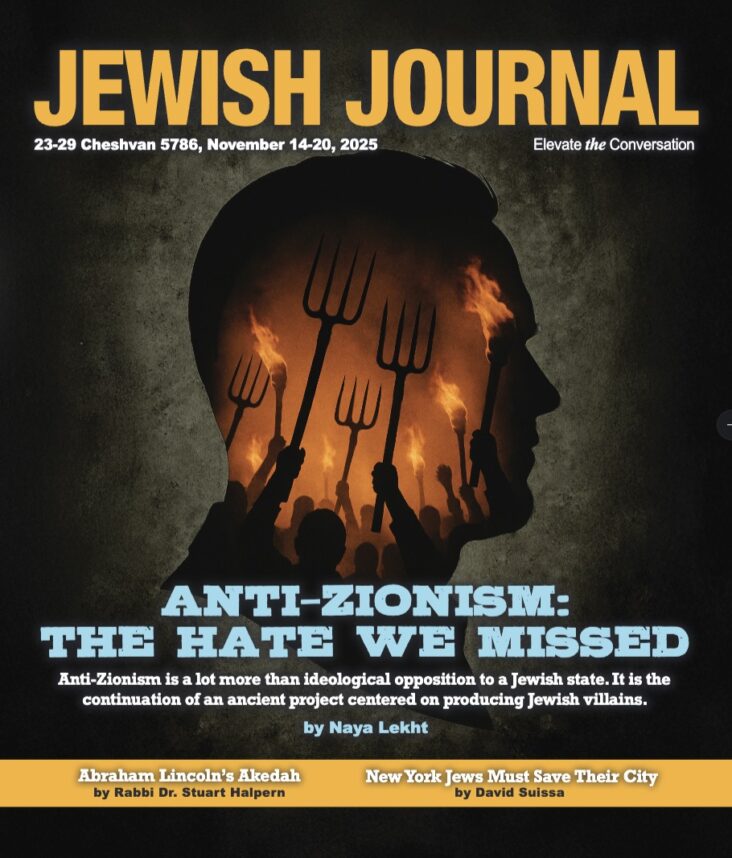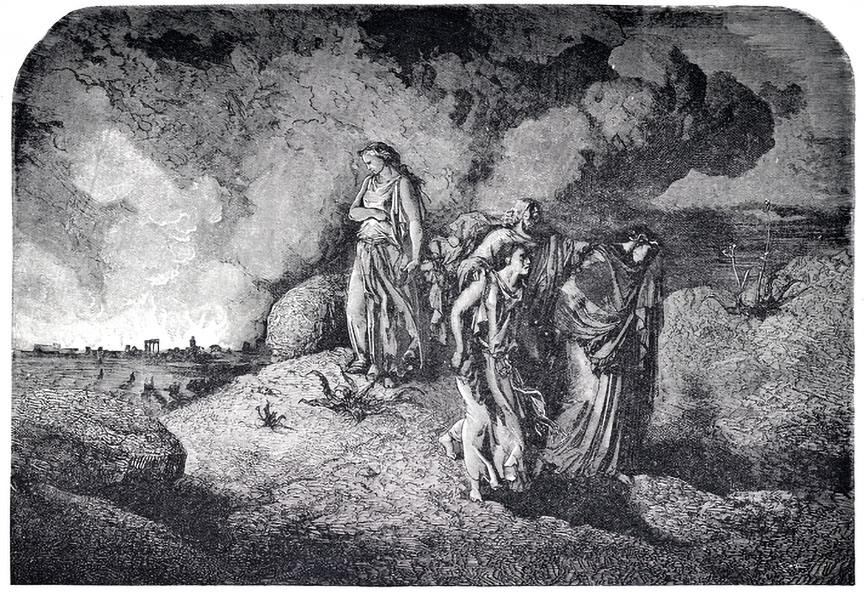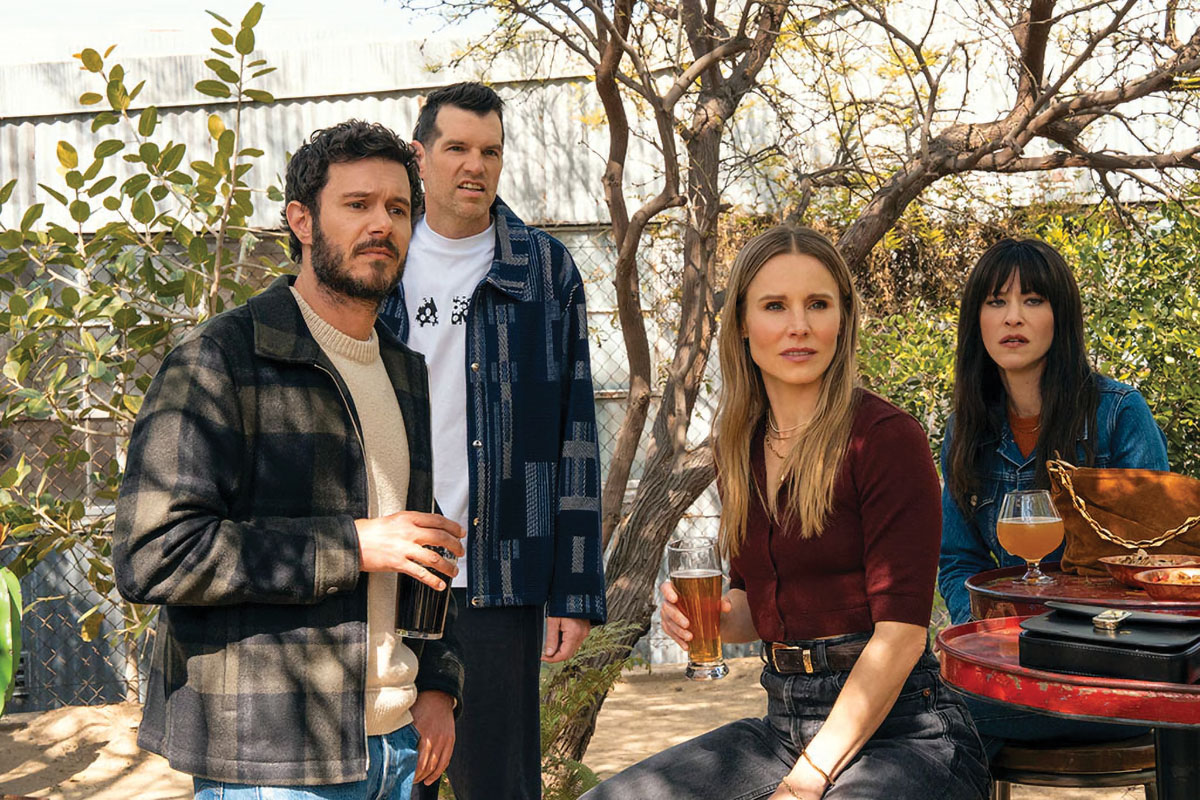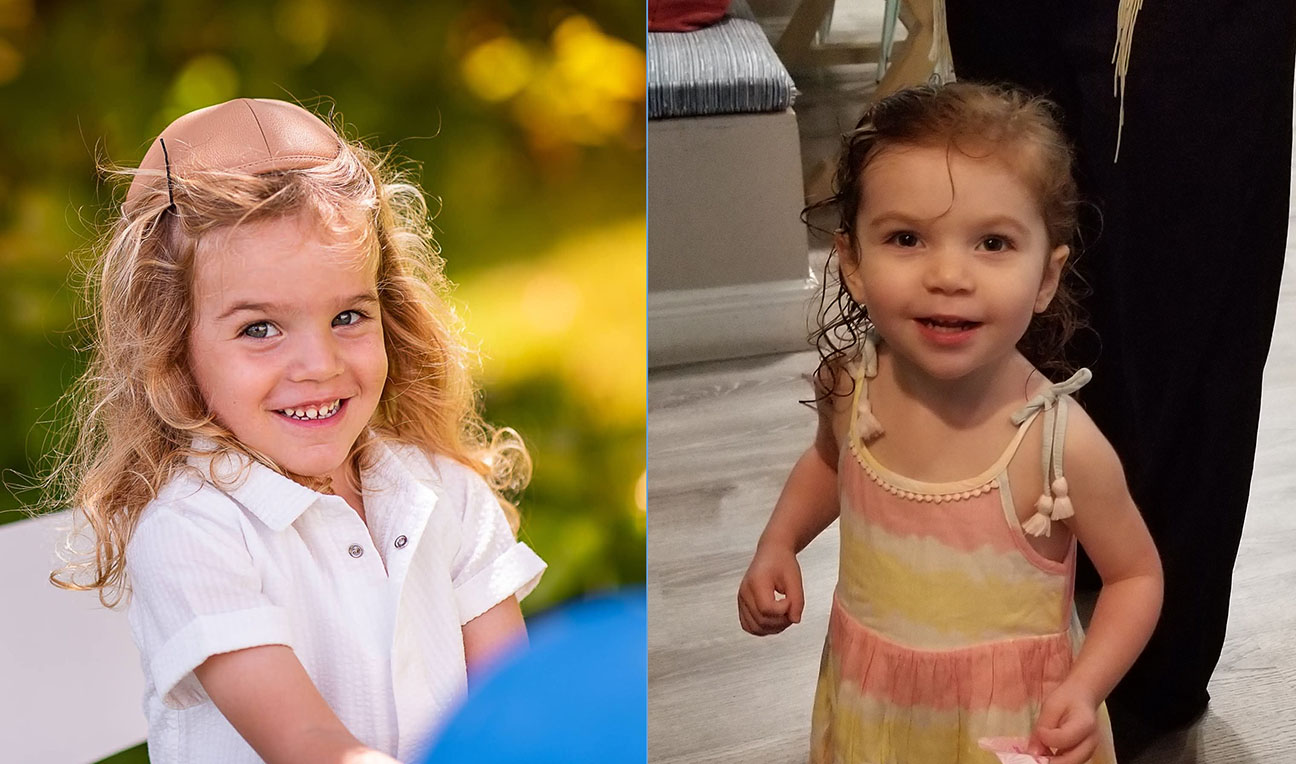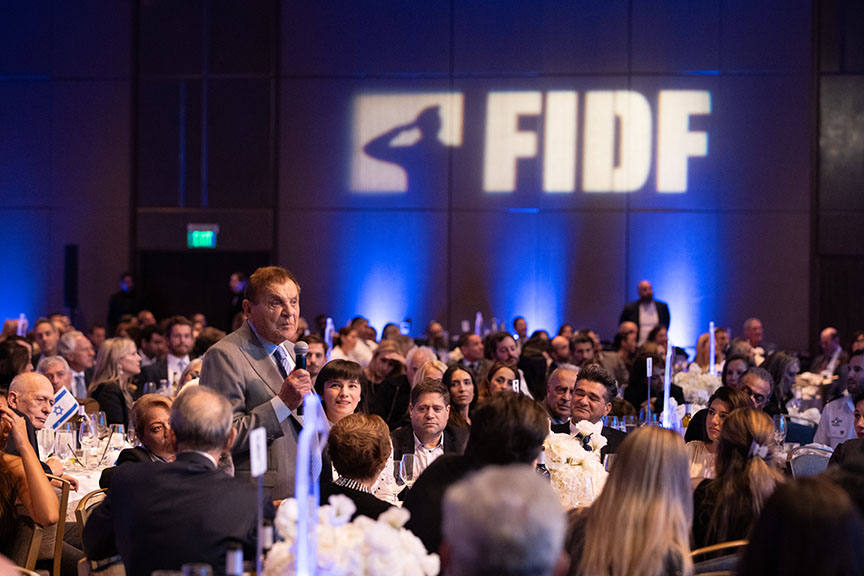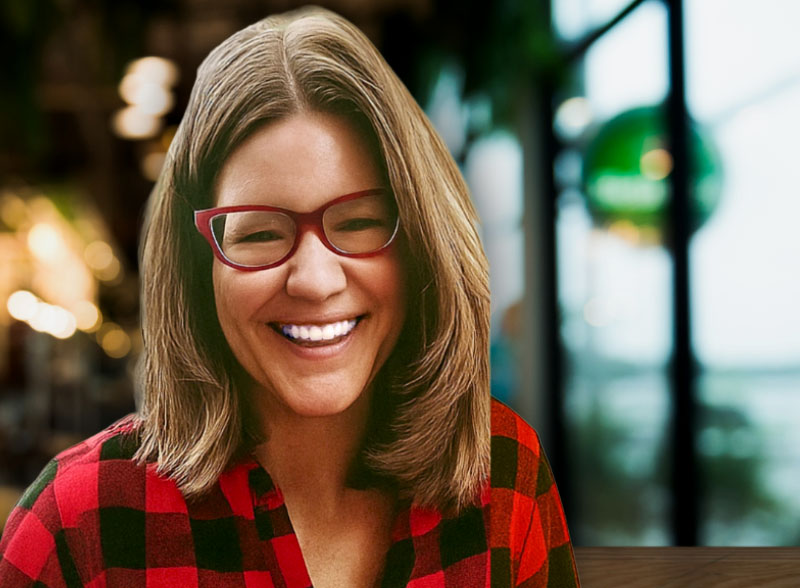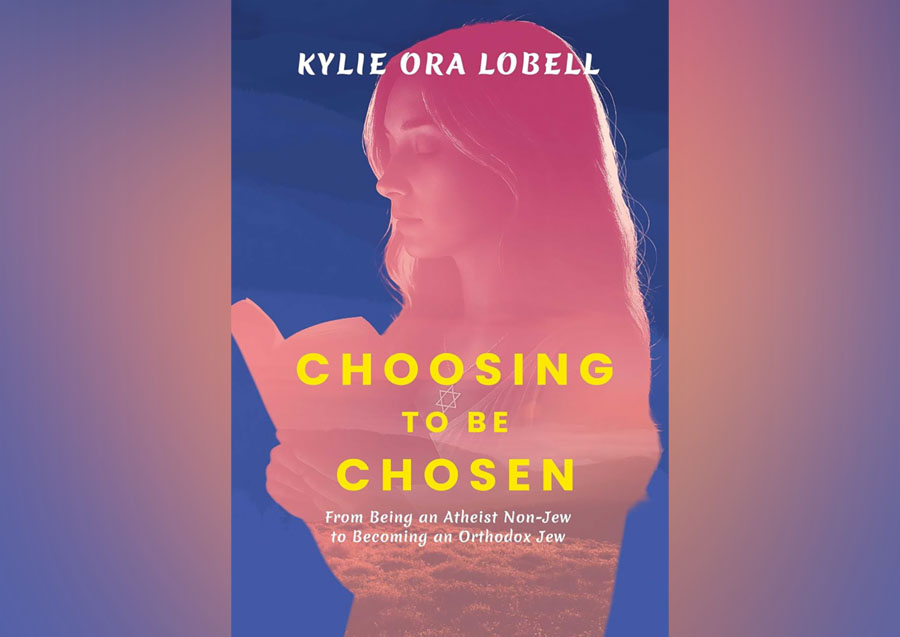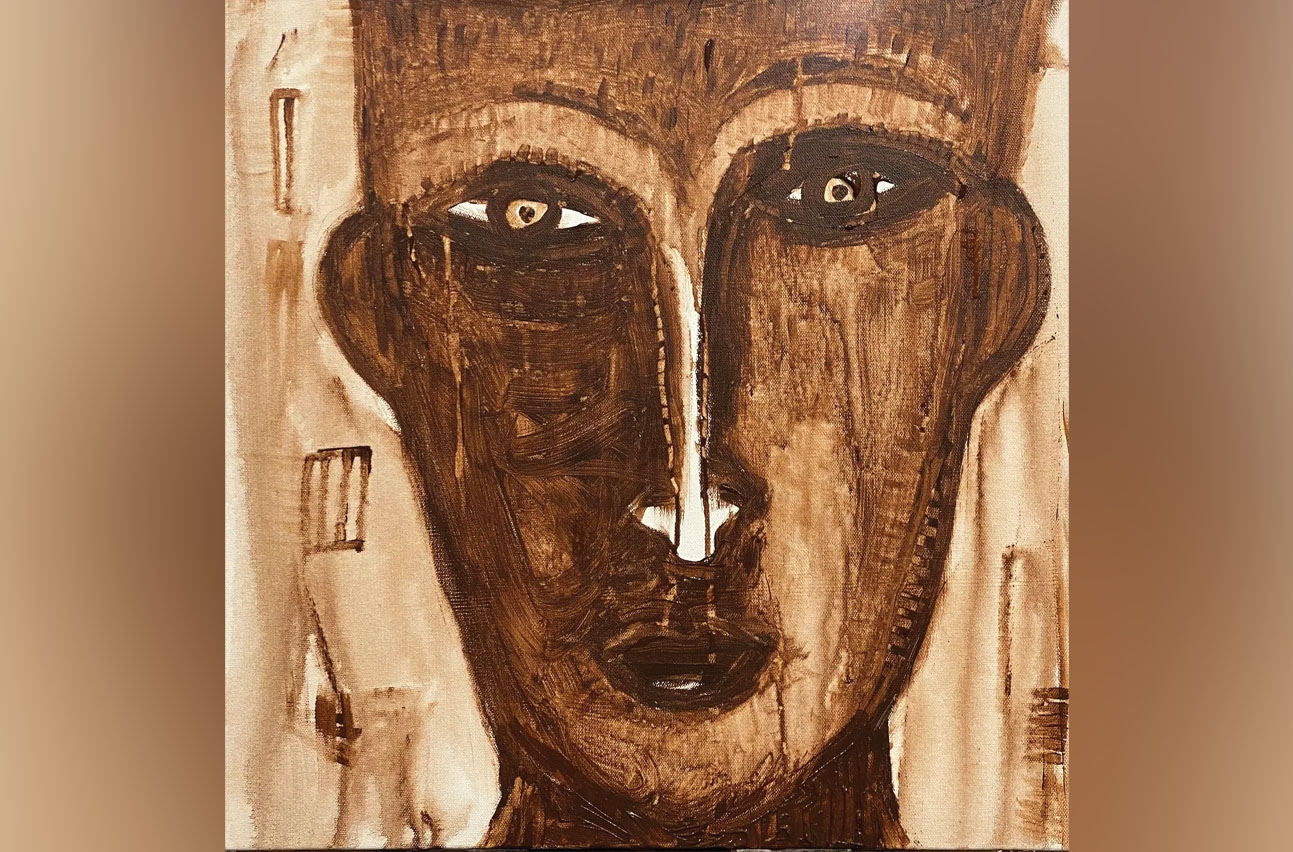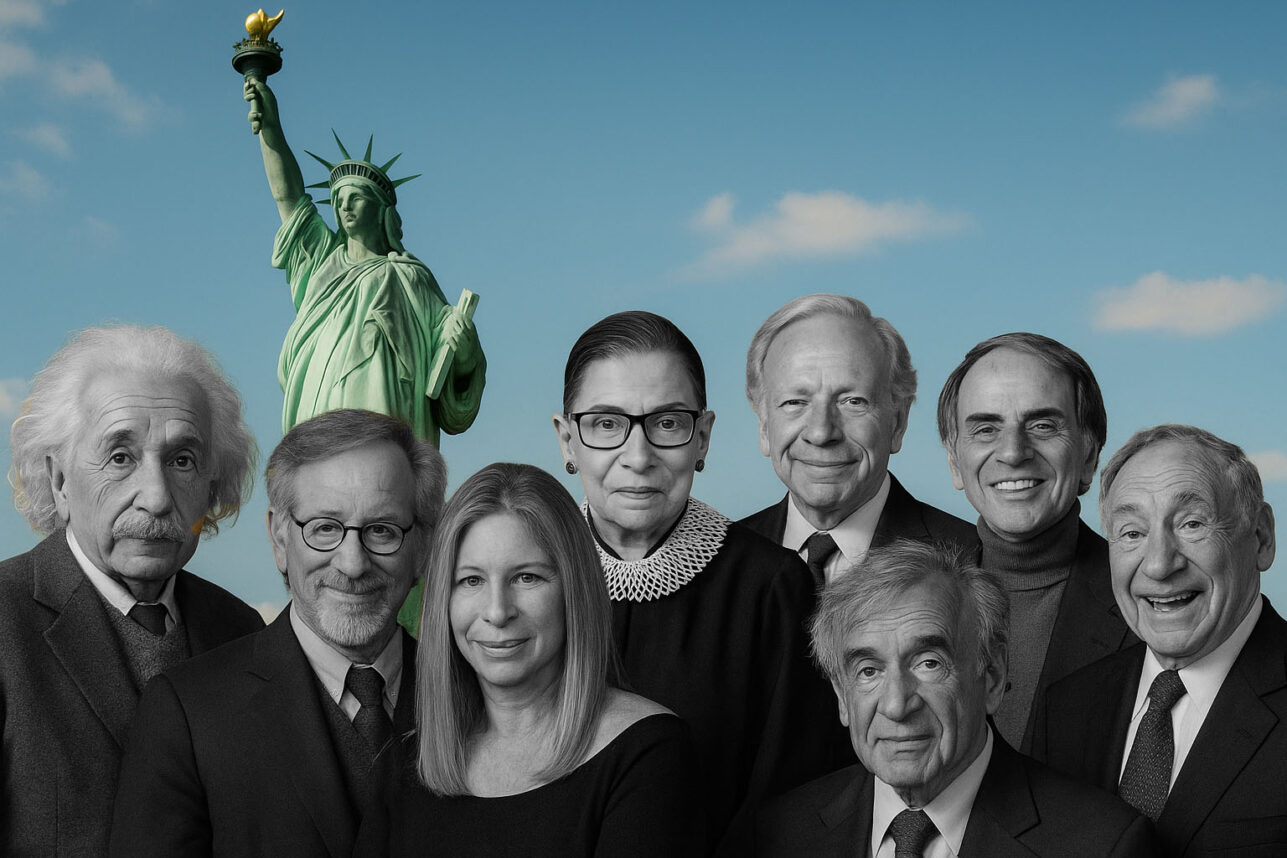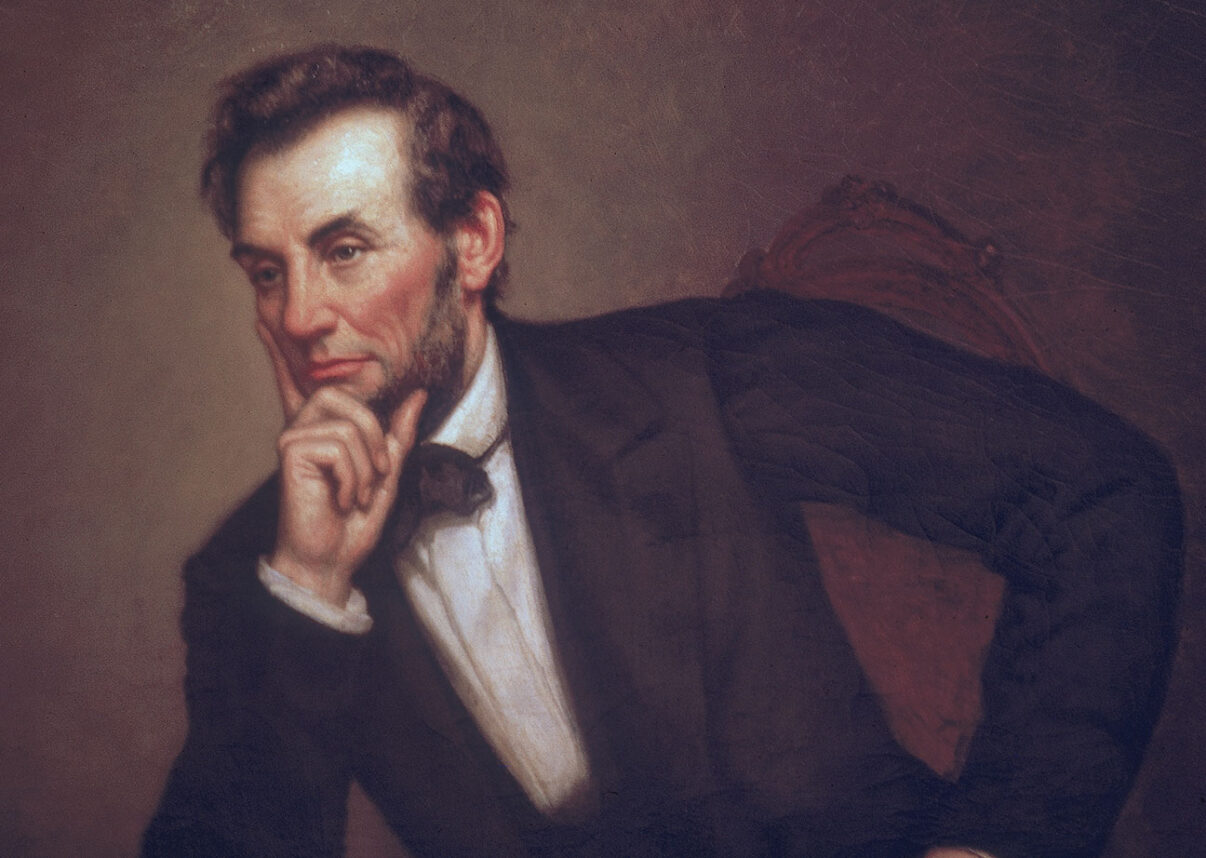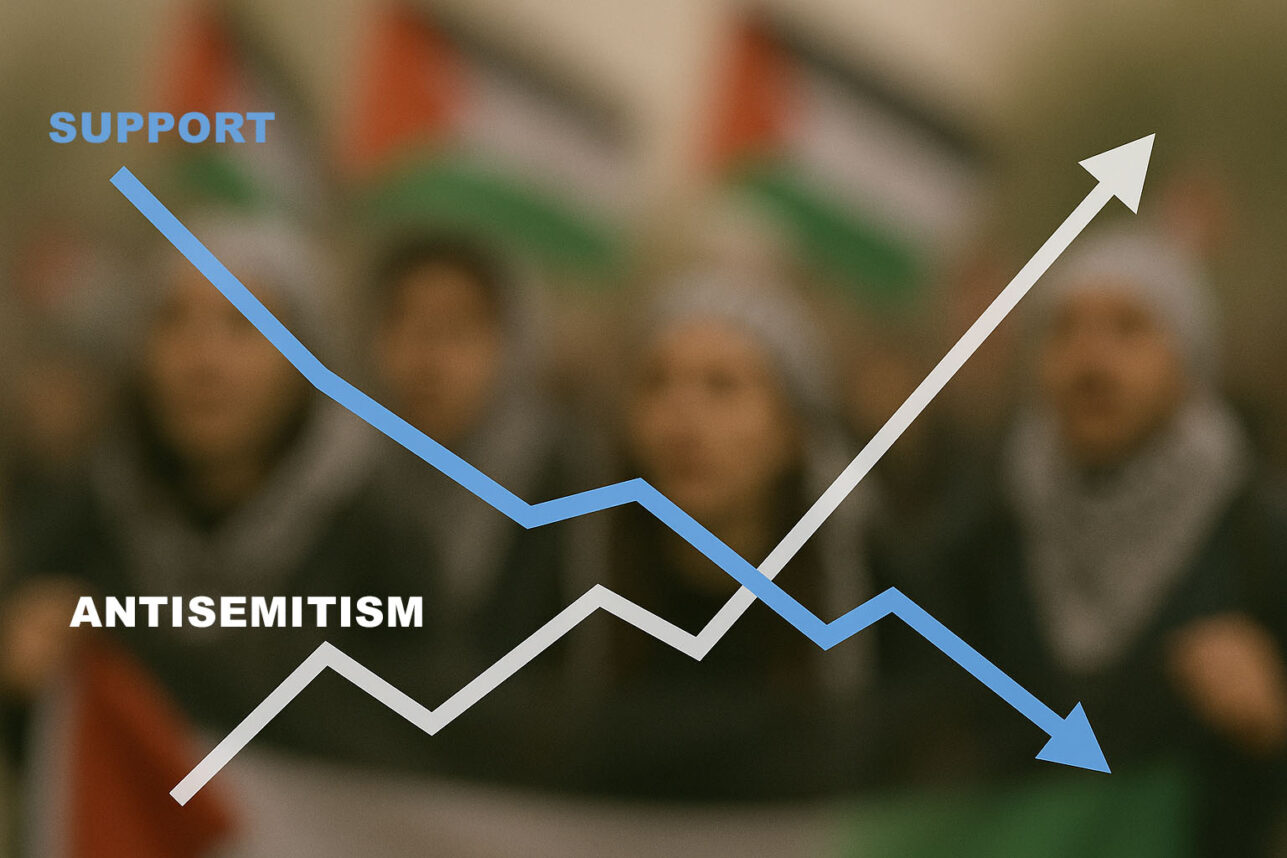Ellen Bronfman Hauptman — whose grandfather started the Seagram company and whose father co-founded Birthright Israel — will never forget an unexpected but powerful lesson she learned as a student at Yale University.
She was a teacher’s aide at a kindergarten in crime-riddled New Haven, Conn., leading a lesson on shapes. She asked the students to repeat the names of the shapes “triangle” and “circle” — no problem. Then she asked them to repeat the name “hexagon,” and one child said a term that sounded similar — and familiar — to him: “Shotgun!”
“I was a privileged kid at a top college, and it’s a moment I’ll never forget,” Bronfman Hauptman said.
No doubt inspired by this and other experiences over the years, Bronfman Hauptman, 47, and her husband, Andrew Hauptman, also 47, have invested time and money into helping underperforming schools, as well as generally recognizing Jewish innovation, education and improving the lives of the less well off.
Perhaps most visibly, the Hauptmans and Ellen’s brother, Stephen Bronfman, co-founded the Charles Bronfman Prize, an annual $100,000 award recognizing those younger than 50 who use Jewish values to impact the world and inspire future generations. The honorees of the prize — established almost 15 years ago in celebration of the 70th birthday of Ellen’s father, Charles — have been cultural leaders, humanitarians who aid refugees, health care pioneers and others.
“It started as a gift to our dad, but it’s really been a gift to us,” Bronfman Hauptman told the Journal during an interview at the Beverly Hills office of Andell Inc., a private investment firm and family office run by the husband and wife. The company, which has assets that grew out of the family’s Seagram business, invests in sports (Andrew is the owner of the Major League Soccer team Chicago Fire), media, real estate and more.
The 2016 honoree of the Charles Bronfman Prize, Etgar Keret, is an Israeli author whose short story collections have been translated into 41 languages. “Using storytelling to convey Jewish values across cultures, Etgar Keret’s works have universal appeal and impart a humanitarian vision,” states the prize’s website.
“He tells the story of the Holocaust and he tells stuff in a funny, beautiful way; he’s able to reach the younger generation. … Our goal is to inspire the next generation and we thought he was a spectacular candidate,” Bronfman Hauptman said of Keret, who will be honored during a ceremony this spring in New York City.
In 2008, the honoree was Rachel Andres, founder of the Jewish World Watch Solar Cooker Project, which makes and distributes solar cookers to refugee camps in Chad, reducing the need for women in the camps to leave their relative safety in search of firewood to cook meals.
And in 2004, the award spotlighted Jay Feinberg, founder and CEO of the Gift of Life Bone Marrow Foundation, which facilitates lifesaving bone marrow and stem cell transplants.
“Our goal has been to be a recognized prize in the Jewish world, so that it’s like the Nobel prize of the Jewish world,” Bronfman Hauptman said.
Bronfman Hauptman was born and raised in Montreal, where her family was among the wealthiest Jewish families. Her grandfather, Samuel, founded a successful liquor company during America’s Prohibition era that eventually became the Seagram Co.
Her father, Charles, and her uncle, Edgar, inherited the rights to the liquor empire after her grandfather’s death. Today, her father is valued at more than $2 billion, according to Forbes.com.
She was exposed to Judaism as a child, even though she attended St. George’s School of Montreal, a nondenominational school. She grew up in a household that held events for the organized Jewish community, and the family also took trips to Israel, she said.
“We didn’t grow up going to Jewish schools or anything, but we felt our connection to Judaism through our families’ traditions, our involvement in our community, trips to Israel and learning about our culture that way,” Bronfman Hauptman said.
She and Andrew met at Yale University, and the two began dating during their freshman year, having bonded over their shared interest in community service: She volunteered in an inner-city public elementary school, and he worked in a juvenile detention center.
Ten years ago, the couple co-founded City Year Los Angeles, one of 28 sites of the nonprofit City Year, which pairs AmeriCorps members, ages 17 to 24, with students in underperforming schools as a means of combating high-school dropout rates. Andrew is chair emeritus of City Year Los Angeles and a trustee of City Year.
Mary Jane Stevenson, executive director of City Year Los Angeles, said the philanthropic couple does more than just donate money.
“They’re both incredibly generous in time, spirit and resources, offering their wisdom and intelligence and incredible energy,” she said. “They don’t just write us a check every year. They get deeply involved in our work and the AmeriCorps members who work with us every year and the students they serve.”
Additional causes they’ve supported are Young Storytellers Foundation, which empowers students to write short screenplays eventually performed by professional actors — the pair’s son participated in the program — and Yale Hillel.
The couple, who belong to Sinai Temple, are the parents of two teenagers. Their Bel Air 20,000-square-foot minimalist home, designed by British architect John Pawson, was featured in Architectural Digest.
Their aesthetic sensibilities are on display in their office, filled with contemporary artwork, furniture and a large leather-bound book titled “Israel Museum,” that rests on a coffee table. The book features photographs of her grandfather, Samuel, attending the groundbreaking of the Israel Museum’s archaeological building, the Samuel and Saidye Bronfman Archaeology Wing, with Israeli Prime Minister David Ben-Gurion.
“To know my family was so involved with Israel from the beginning means a lot to me,” she said.
Setting the family’s philanthropic philosophy apart from Bronfman Hauptman’s father and grandfather, both of whom focused on the Jewish community with their respective charitable endeavors, is that not all of their efforts are Jewish-focused.
“We don’t generally follow a mold,” she said. “We just like to have impact.”










